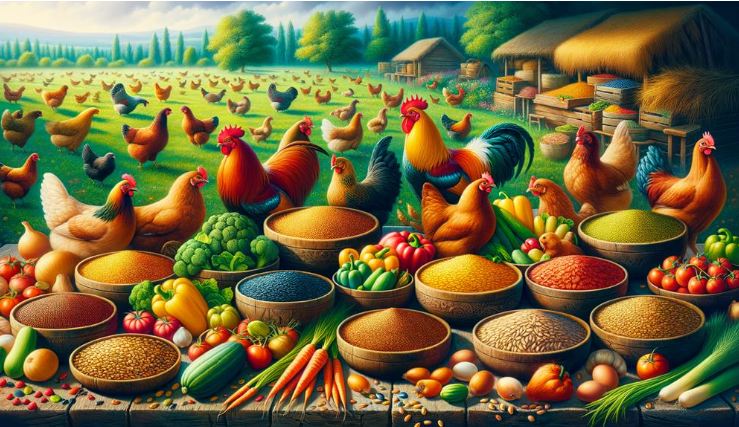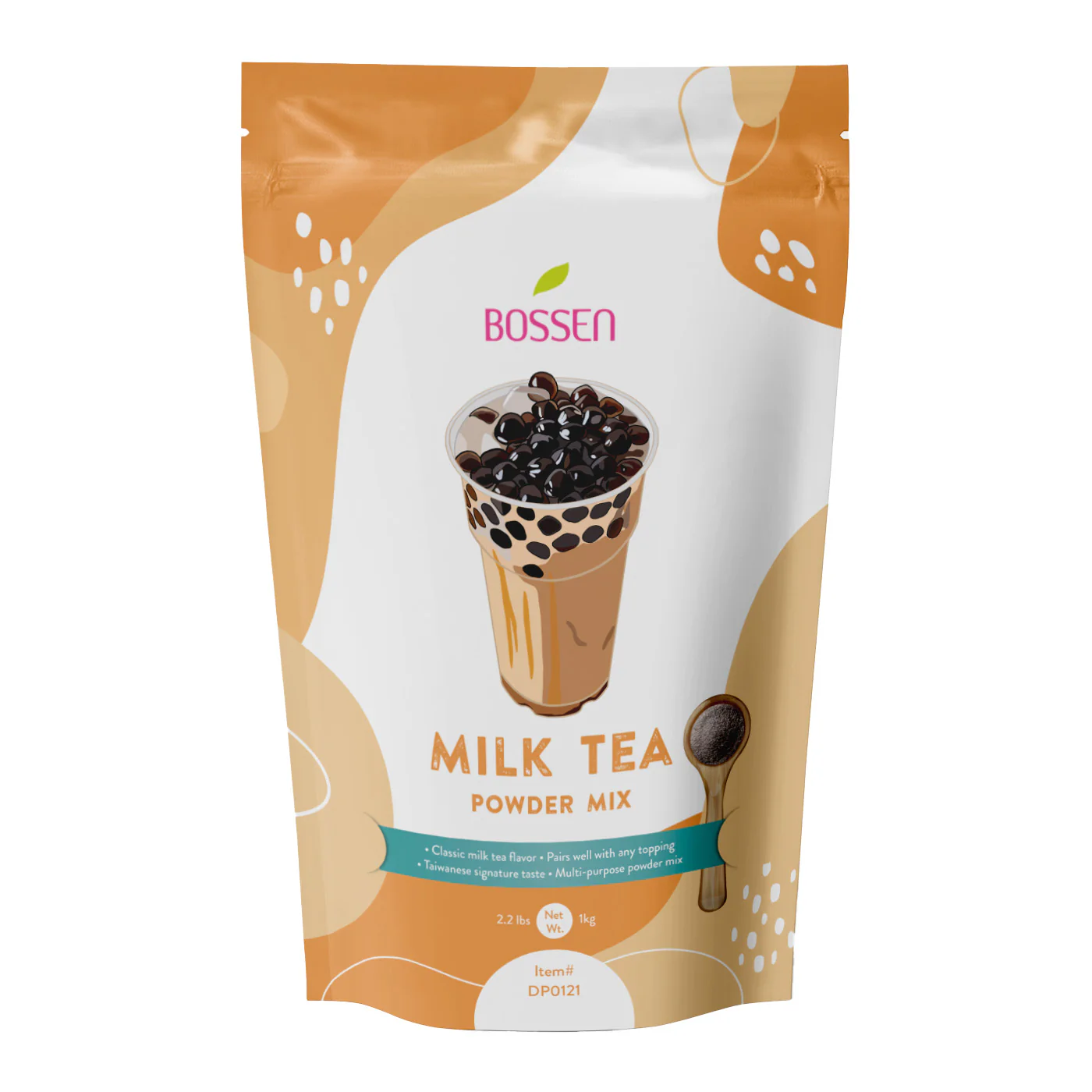Imagine you’re a poultry farmer noticing a sudden drop in egg production despite maintaining a consistent feed routine. This scenario highlights the importance of understanding the nutrients your birds need for optimal health and productivity. Feeding your flock isn’t just about filling their feeders; it’s about providing a balanced diet rich in proteins, vitamins, and minerals. You must consider factors like feed quality and appropriate protein sources to promote growth and disease resistance. Are you curious about the specific nutritional requirements and feeding strategies that can make a difference in your flock’s performance?
Essential Nutrients
To ensure optimal health and productivity in poultry, their feed must contain essential nutrients like proteins, carbohydrates, fats, vitamins, and minerals. You need to balance these nutrients meticulously to support growth, egg production, and overall vitality.
Proteins are critical for muscle development and repair. Carbohydrates provide the primary energy source, while fats enhance energy intake and facilitate the absorption of fat-soluble vitamins like A, D, E, and K.
Water quality plays a pivotal role in nutrient absorption. Poor water quality can lead to reduced feed intake and nutrient utilization. Ensure that water is clean, free from pathogens, and contains appropriate mineral content to support metabolic functions.
To optimize nutrient uptake, consider incorporating feed additives. Probiotics, prebiotics, and enzymes can enhance gut health and improve digestibility. For example, phytase improves phosphorus availability, reducing the need for inorganic phosphorus supplements. Antioxidants in feed additives can mitigate oxidative stress, promoting immune function and longevity.
Using data-driven approaches, regularly test feed composition and water quality to ensure they meet the nutritional needs of your poultry. This scientific method allows you to make informed adjustments, ensuring your birds receive a balanced and nutrient-rich diet.
Types of Poultry Feed
Poultry feed comes in various forms, such as mash, pellets, and crumbles, each designed to meet specific nutritional needs and consumption habits of different bird species. Mash is the most basic form, consisting of ground grains and nutrient additives. It’s ideal for young chicks due to its fine texture, ensuring they can easily ingest essential nutrients.
Pellets, on the other hand, are formed by compressing mash into a uniform size. This process ensures each pellet contains a consistent nutrient blend, crucial for balanced diets in adult birds. Pellet size varies, accommodating different species and age groups. Larger pellet sizes are suitable for mature hens, while smaller sizes work best for younger poultry.
Crumbles are essentially broken-down pellets, offering a middle ground between mash and pellets. They’re easier for birds to consume than whole pellets but still provide a uniform nutrient distribution.
When choosing the right feed, consider the grain types used, as different grains offer varied nutrient profiles. Corn, wheat, and barley are common grains, each contributing unique vitamins and minerals. Evaluating these factors ensures your birds receive optimal nutrition tailored to their specific growth stages and species requirements.
Protein Requirements
Ensuring optimal protein intake is crucial for the growth, muscle development, and overall health of your birds. Protein is the backbone of many physiological functions, including enzyme activity, immune response, and feather formation.
The primary protein sources in poultry feed include soybean meal, fish meal, and meat and bone meal. These ingredients provide essential amino acids like lysine and methionine, which are vital for tissue repair and growth.
Achieving the right dietary balance is essential. Broilers, for instance, require 20-23% protein in their starter phase, tapering to around 18-20% as they mature. Layers need a consistent 16-18% protein throughout their laying period to maintain egg production and quality.
Over-supplying or under-supplying protein can lead to inefficient feed conversion ratios and impact your flock’s health adversely.
Incorporate alternative protein sources such as canola meal or sunflower meal to diversify the diet and potentially reduce costs. Regularly monitor your birds’ growth rates and health indicators to fine-tune their protein intake.
Balancing protein with other nutrients ensures that your poultry receives a comprehensive diet, optimizing their performance and well-being.
Vitamins and Minerals
Incorporating a balanced mix of vitamins and minerals into your poultry feed is critical for maintaining metabolic functions, bone health, and overall vitality. Vitamins such as A, D, E, and K are fat-soluble and essential for immune function, calcium absorption, antioxidative processes, and blood clotting, respectively.
Water-soluble vitamins like B-complex and C are pivotal for energy metabolism and immune responses.
Minerals, including calcium, phosphorus, magnesium, and trace elements like zinc and selenium, are integral to bone development, enzyme function, and overall physiological balance. Calcium and phosphorus must maintain an optimal ratio (2:1) to prevent skeletal issues such as rickets or osteoporosis.
Deficiency symptoms can be severe: vitamin A deficiency may cause poor growth and immune system compromises; lack of vitamin D leads to weak bones and eggshell quality issues. Insufficient magnesium can result in muscle tremors and convulsions, while zinc deficiency might cause feathering issues and poor wound healing.
To address these needs, use reliable supplement sources like commercial premixes, which ensure precise nutrient formulations. Regularly monitor your poultry’s health to adjust feed components and avoid deficiency symptoms, ensuring your birds thrive in all life stages.
Homemade Feed Options
For those seeking more control over their birds’ diet and ingredient quality, creating homemade feed options can be an effective approach to meet specific nutritional needs. Homemade feed allows you to tailor nutrient profiles to match your flock’s requirements precisely.
Conducting a thorough cost analysis is crucial to ensure that homemade feed is economically viable. In many cases, you can reduce expenses by sourcing ingredients locally, which can also enhance feed freshness and nutritional value.
Key components of homemade poultry feed include grains like corn and wheat, protein sources such as soybean meal or fish meal, and essential additives like calcium carbonate and salt. It’s important to balance macronutrients (proteins, fats, and carbohydrates) and micronutrients (vitamins and minerals) to optimize bird health and productivity.
Ingredient sourcing should focus on obtaining high-quality, non-GMO, and organic options when possible. Local farms, feed mills, and agricultural co-ops are excellent sources for bulk purchases. Always verify the nutritional content of each ingredient to maintain a balanced diet.
Using a precise feed formulation calculator can help you achieve the ideal nutrient mix, ensuring your birds receive all the necessary nutrients for optimal growth and egg production.
Feeding Tips
Properly timing and portioning your poultry feed can significantly enhance nutrient absorption and overall bird health. Establishing a consistent feeding schedule ensures that birds receive nutrients at optimal times, promoting efficient digestion and energy utilization.
Studies indicate that irregular feeding schedules can lead to uneven growth rates and nutrient deficiencies.
Implementing portion control is paramount to prevent overfeeding or underfeeding. Overfeeding can lead to obesity and associated health issues like fatty liver syndrome, while underfeeding can cause malnutrition and stunted growth.
Research suggests that adult layers require approximately 110-120 grams of feed per day, whereas broilers need around 150-160 grams daily. Regularly monitor the birds’ body weight and adjust portions accordingly to maintain ideal body conditions.
Moreover, dividing the daily feed into multiple smaller meals can enhance nutrient absorption. Data indicates that multiple feedings help maintain stable blood glucose levels, which is crucial for metabolic activities.
Employing automatic feeders can aid in maintaining precision in both feeding schedule and portion control.
Lastly, always ensure that clean, fresh water is available, as water intake directly influences feed consumption and nutrient uptake.
Conclusion
To ensure your flock thrives, balancing commercial efficiency with natural, homemade feed options is key.
By juxtaposing nutrient-rich commercial feeds with tailored homemade blends, you cater to specific protein and mineral needs, enhancing growth and immunity.
Precision in feeding strategies, coupled with vigilant monitoring of water intake, guarantees optimal health and productivity.
Remember, the synergy between scientifically formulated diets and personalized feeding plans transforms ordinary flocks into robust, productive birds.
Your meticulous care directly translates to their well-being.









